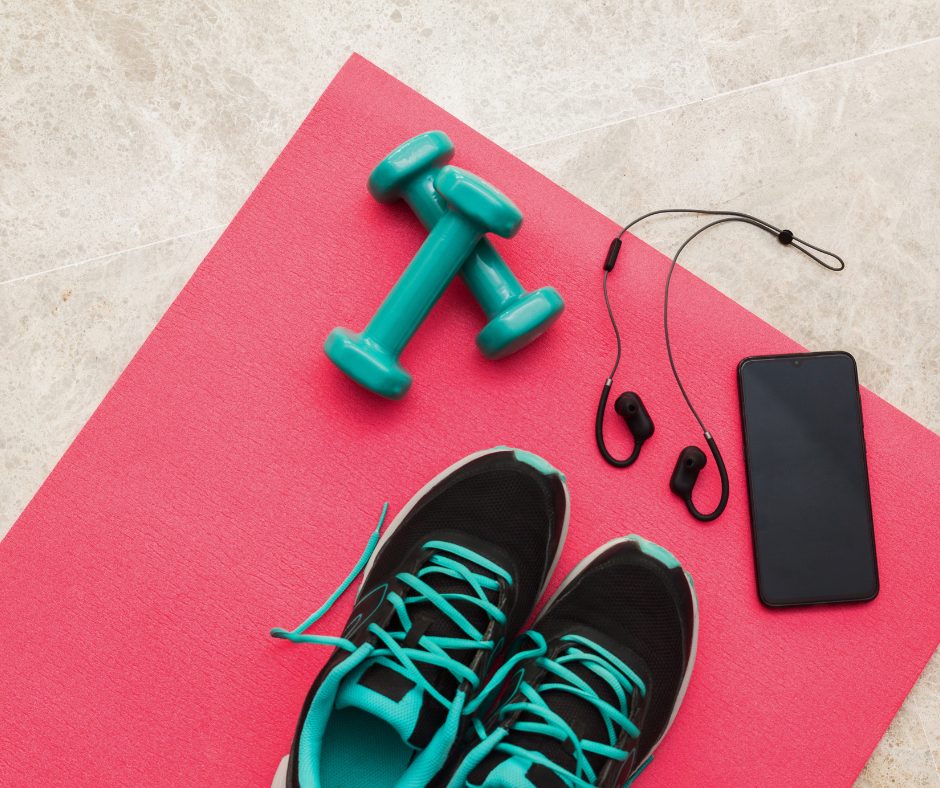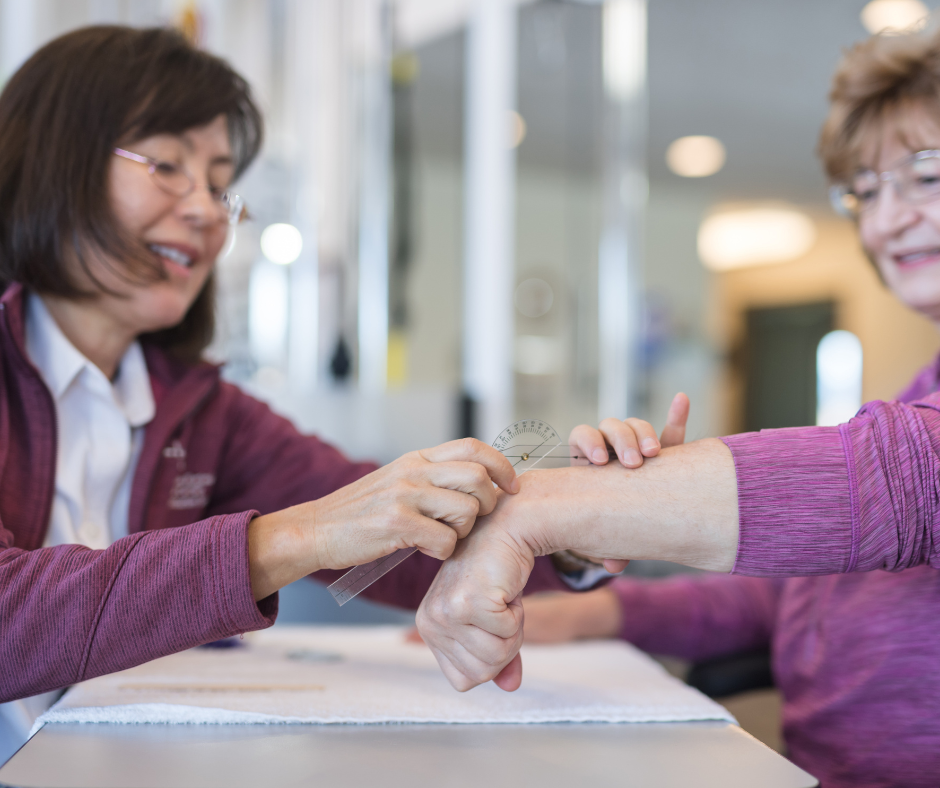Living with autoimmune or autoinflammatory arthritis can sometimes make moving your body feel like a challenge. Whether you're an adult or a child, pain, stiffness, and fatigue can make it hard to stay active. But did you know that regular exercise can actually help ease some of those symptoms? Exercise is one of the best things you can do for both your physical and mental health. Let's explore how you can get moving safely, with helpful tips for both adults and kids.
Staying Active with
Autoimmune and
Autoinflammatory Arthritis
Why Exercise? Exercise helps in many ways:
- Reduces pain and stiffness: Moving your body regularly helps keep your joints flexible and reduces pain.
- Boosts mood: Exercise releases chemicals like endorphins that make you feel happier and more energized.
- Builds strength: Strength exercises help muscles support your joints better, which can reduce joint pain.
- Improves heart health: Regular physical activity keeps your heart strong and healthy.
- Helps with weight management: Maintaining a healthy weight reduces pressure on your joints, improving your overall well-being.
Exercise for Adults with Autoimmune and Autoinflammatory Arthritis
Adults with autoimmune or autoinflammatory arthritis, like
rheumatoid arthritis (RA) or
axial spondyloarthritis, often wonder how to stay active when they’re dealing with pain or stiffness. Here are some safe exercises that can help manage symptoms while keeping your body strong and healthy.
Appropriate Exercises for Adults:
- Walking: Walking is a low-impact exercise that helps improve circulation and flexibility. Start with short walks and build up to 20-30 minutes a day.
- Swimming or Water Aerobics: Exercising in water reduces stress on your joints while still giving you a full-body workout. Swimming or water aerobics are great for improving strength and flexibility.
- Stretching: Gentle stretches help keep your muscles and joints flexible. Try to stretch every day, especially in the morning, to ease stiffness.
- Strength Training: Light weights or resistance bands can help strengthen the muscles around your joints. Even bodyweight exercises, like wall push-ups or chair squats, can build strength safely.
- Yoga or Tai Chi: These gentle movements combine stretching, balance, and breathing exercises, helping reduce stiffness while calming your mind. They can even be done in bed or on a chair.
Tips for Getting Started:
- Start slow: Begin with short, gentle exercises and gradually increase the intensity as you feel stronger.
- Listen to your body: If something hurts, stop and rest. It's important to avoid pushing through severe pain.
- Include Rest: Rest is as important as physical activity.
- Group activities can help: Group exercises, like yoga or fitness classes, provide extra motivation and can be more fun than working out alone.
- Consult your doctor: Before starting a new exercise routine, talk to your doctor or physical therapist to make sure it’s safe for you.
Exercise for Kids with Autoimmune and Autoinflammatory Arthritis
Kids with conditions like
Juvenile Idiopathic Arthritis (JIA) and other juvenile forms of autoimmune and autoinflammatory arthritis can also benefit from regular exercise. Staying active helps children manage pain, stay flexible, and improve their overall health—just like adults! Exercise even improves medication efficacy. The key is to make exercise fun and enjoyable while being mindful of their symptoms.
According to the Canadian 24-hour movement guidelines, children should aim for at least 60 minutes of moderate to vigorous activity every day.
Fun Exercises for Kids:
- Bike Riding: Riding a bike is a great way to stay active without putting too much pressure on the joints. It's fun and helps improve endurance and strength.
- Swimming: Just like for adults, swimming is perfect for kids with arthritis. The water supports their body weight, making it easier to move around without joint pain.
- Dancing: Turn on some music and let your child dance! Dancing is a fun way to get their heart rate up while moving their body in a gentle way.
- Playground Time: Climbing, sliding, and swinging at the playground can be great exercise for kids. Let them play and move at their own pace.
- Stretching Games: Incorporating stretches into games like "Simon Says" or "Twister" can help kids stay flexible and have fun while doing it.
Tips for Helping Kids Stay Active:
- Adapt to their needs: If your child is having a flare-up, they might need to rest or try gentler activities, like stretching or light walking.
- Encourage rest when needed: It’s okay for kids to take breaks if they’re in pain. Let them rest and pick up the activity when they’re feeling better.
- Work with teachers and coaches: If your child is involved in physical activities at school, talk to their teachers or coaches about ways to support them and adapt activities when needed.
Whether you’re an adult or a child with autoimmune and autoinflammatory arthritis, staying active is one of the best ways to manage symptoms, improve strength, and feel better overall. Remember to start slow, listen to your body, and make exercise a regular part of your routine. And don’t forget to have fun with it—find activities that you enjoy, and it won’t feel like work!
Always check with your healthcare provider before starting a new exercise routine, especially if you’re dealing with chronic pain or other health conditions. Your body will thank you for staying active!
Discover More
This resource post was made in conjunction with several videos from our
Go With Us! To Conferences program.
Click the titles below to view the videos:
- Transform Your Health: EULAR's Latest Lifestyle Recommendations for RMDs
- Unlocking the Power of Exercise for Rheumatic Diseases: Insights from EULAR 2024 with Becky
- Breaking Down Exercise and Fatigue Management in RA | EULAR 2024 Highlights with Leila
- #ACR21 Debrief #5: Exercise & Cardiovascular Health in Children with JIA







